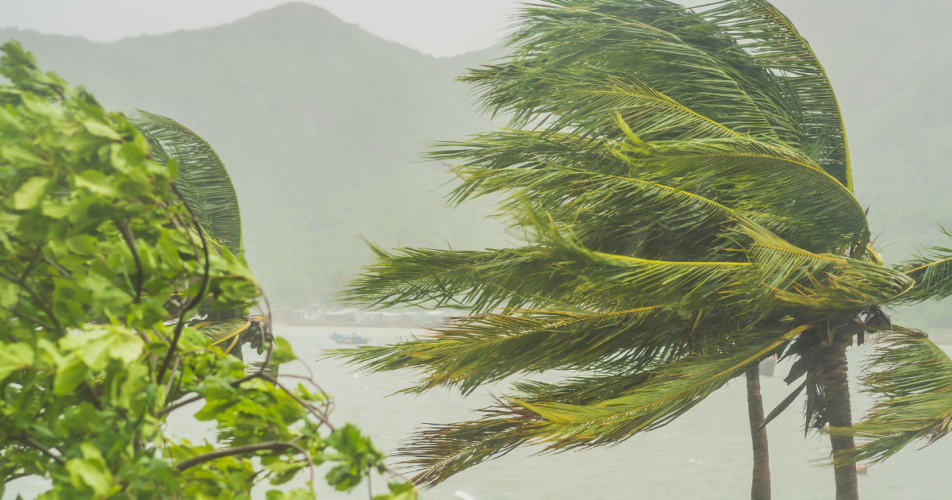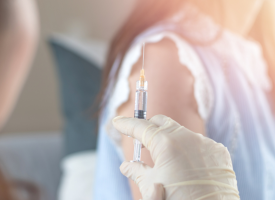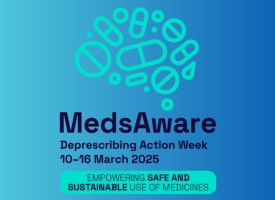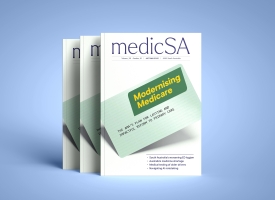Prioritising health and safety as Cyclone Alfred approaches
Ensuring access to medicines, maintaining communication and prioritising personal safety should be top priorities as the cyclone approaches, AMA Queensland President Dr Nick Yim told ABC Radio. "It's important to stay in touch with your neighbours, your family and any grandparents or elderly family who may be living alone. Just stay in touch, make sure they are prepared and help them be prepared over the next week or so."

Transcript: AMA Queensland President, Dr Nick Yim, ABC Radio Brisbane, Afternoons with Kat Feeney, Monday 4 March 2025
Subject: Cyclone preparation
KAT FEENEY: Preparations for wild weather have begun in South East Queensland today, but what if you've got something else already on the cards this week? Something life changing or something life saving? What happens to you if you've got medical treatment, procedures or surgery planned during a significant weather event? What if the power goes out at a crucial moment? Well, Dr Nick Yim is the President of the Queensland branch of the Australian Medical Association. Nick, good of you to make some time available to us this afternoon. Just how prepared are hospitals for the emergency weather conditions we're facing in South East Queensland today?
DR NICK YIM: Good afternoon. All major hospitals across the state and across Australia, they all have backup power generators. But I think the key message today for your listeners is to be prepared. I know many people might be wondering – ‘so what's the cyclone going to be doing?’, but make sure you have enough medication supplies, make sure you're prepared with food, water, etc. At the same time, make sure that you have your communication channels open, your mobile phones are charged, and keep in contact with the hospitals if there are any planned procedures in the upcoming week, for example.
KAT FEENEY: What advice do you have for patients who receive regular treatments – chemotherapy, dialysis – Dr Nick Yim?
DR NICK YIM: At the moment, the messaging that we're hearing is that it’s still business as usual. But like the cyclone, it’s often uncertain of what the track is going to occur. Obviously we know that it might be windy, there might be floods that occur. So keep in touch with their treating team and the hospital that they are getting treatment regularly at to see whether their procedure is still safe to proceed.
KAT FEENEY: If you're booked in for minor procedures, day surgery or major surgery, what approach do you take?
DR NICK YIM: I think the key thing is to stay in touch with their hospital service, stay in touch with their surgeon as well, just to double check their procedure is going to take place at this point in time. What we're hearing is that it's still business as usual, but given the uncertainty of the track of the cyclone, anything can change in the next 24 to 48 hours.
KAT FEENEY: The latest update from the Premier of Queensland, David Crisafulli, on Tropical Cyclone Alfred is that it's about 450km east of Brisbane. It's expected to re-intensify to a category two overnight. The immediate priority areas is the area around the bay, the islands, as well as in low lying coastal areas, including canals. There will be another update from the Bureau of Meteorology at 2:30pm, but at this stage, communities are preparing for a coastal crossing somewhere between Fraser Island and the Queensland New South Wales border. Dr Yim, at what point do non-urgent procedures become postponed or are postponed?
DR NICK YIM: That's going to be a discussion with Queensland Health and the Hospital and Health Services that are affected. We need to ensure that patients can travel in between the hospital and the home safely, but at the same time it's also staffing as well. Staff, the doctors, nurses, and administration staff can be affected as well.
KAT FEENEY: Any advice for patients who maybe are a bit nervous, maybe looking to reschedule themselves?
DR NICK YIM: I think that each individual needs to look at their own circumstances, have that conversation with their treating provider. So that could be their surgeon. At the same time, an opportunity could be having a brief phone call with their GP to see whether they can delay surgery, for example. But at the moment, what we're hearing, is business as usual.
KAT FEENEY: In regard to power outages and at home and medication that needs to be kept at a certain temperature, any practical advice there?
DR NICK YIM: Many of us may have camp fridges, for example. Other options are making sure that we stock an esky with some bags of ice, just keeping things prepared. We can get some ice blocks and prepare them in the freezer currently because the power is still on. At the same time, it's making sure we have adequate supply of medications, a small first aid kit and plenty of batteries in case you do lose power.
KAT FEENEY: Anything else that you think is really important for people to appreciate over the next 24 to 48 hours in the South East especially?
DR NICK YIM: I think it's important to stay in touch with your neighbours, your family and any grandparents or elderly family who may be living alone. Just stay in touch, make sure they are prepared and help them be prepared over the next week or so.
KAT FEENEY: Dr Nick Yim, really appreciate your time. We'll keep in touch. Thank you very much.
DR NICK YIM: Thanks, Kat.



